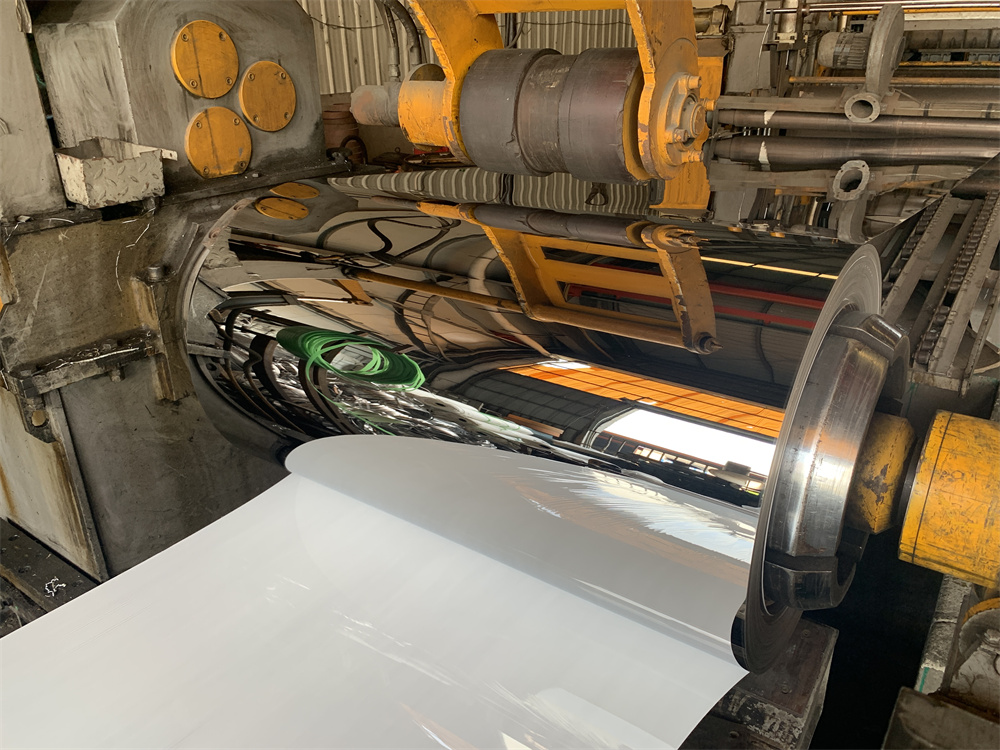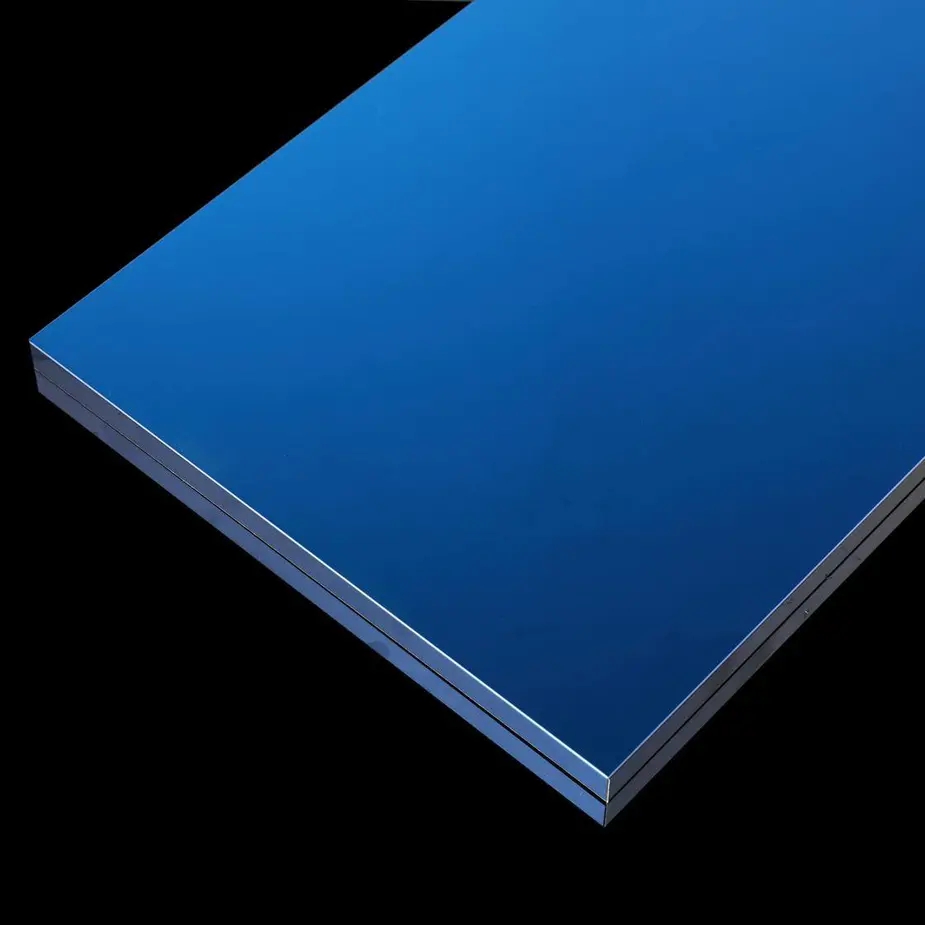Stainless steel is a versatile and widely used material in various industries, known for its corrosion resistance and durability. However, one intriguing characteristic of stainless steel is that it is not magnetic.
Magnetic Properties of Stainless Steel
Stainless steel is an alloy that is highly resistant to corrosion, making it suitable for a wide range of applications. It is made up of iron as the foundation material and a variety of additional components that increase its quality. Here are three primary types of stainless steel as the following:
Austenitic Stainless Steel
This type of stainless steel, which includes grades 304 and 316, is non-magnetic in its annealed condition. It has a high chromium and nickel content, which contributes to its corrosion resistance and nonmagnetic qualities.
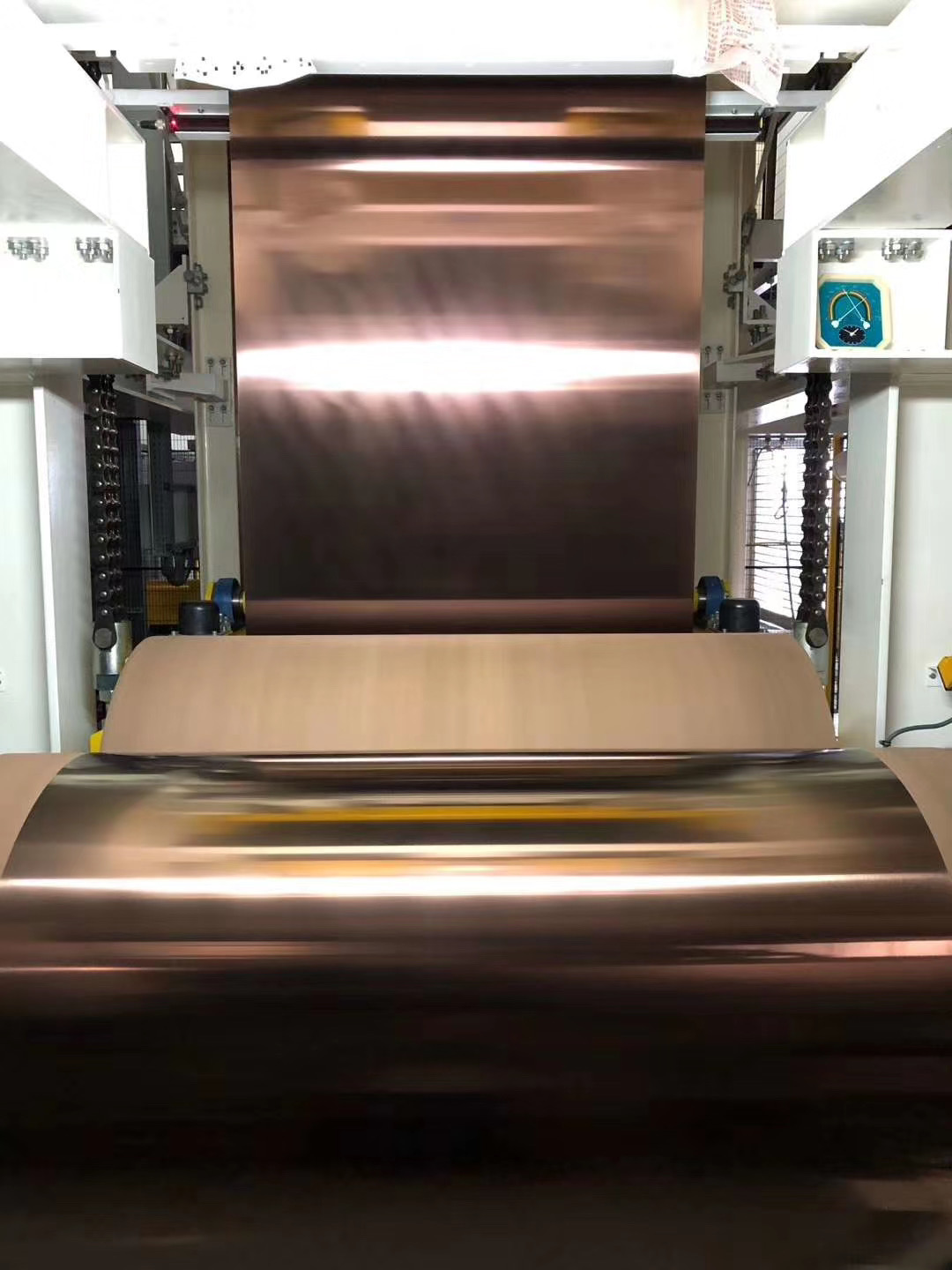
316 Stainless Steel Coil Manufacturers In China
Ferritic Stainless Steel
Ferritic stainless steel, such as grade 430, is magnetic due to its ferrite microstructure. It has a higher chromium percentage but a lower nickel content than austenitic stainless steel.
Martensitic Stainless Steel
Martensitic stainless steel, like grade 410, is magnetic and can be hardened through heat treatment. When compared to austenitic and ferritic stainless steel, it has poorer corrosion resistance.
What Is Magnetism?
It's important to understand the basics of magnetism before exploring the reasons of stainless steel is not magnetism. Magnetism in materials can be classified into three types:
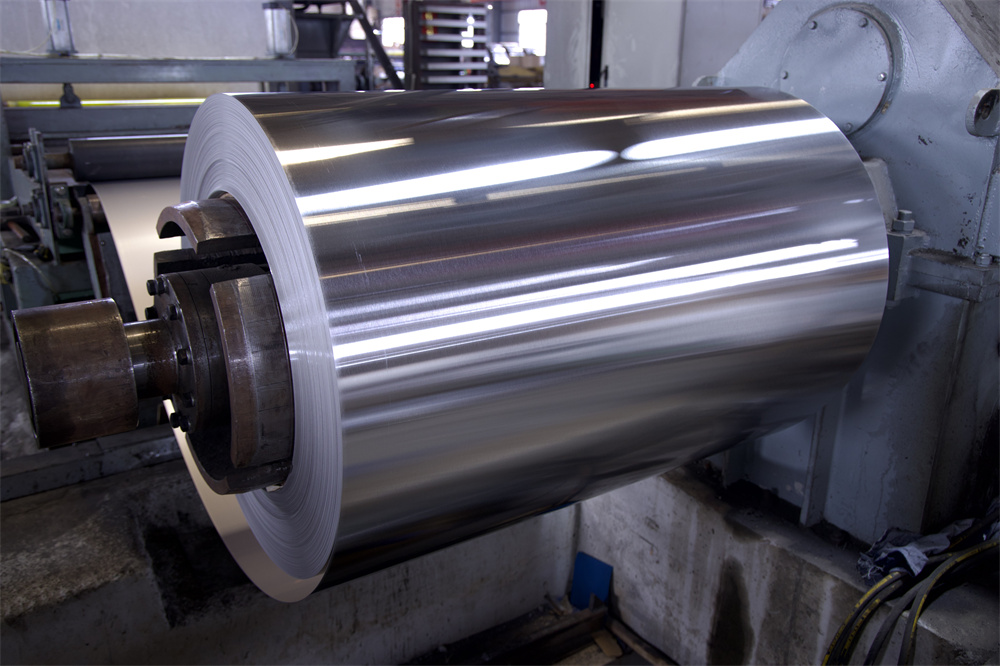
Corrosion-Resistant Stainless Steel Coil Supplier
Ferromagnetism
Ferromagnetic materials, such as iron, have high magnetic characteristics and may sustain magnetization even when exposed to an external magnetic field.
Paramagnetism
Paramagnetic materials, like aluminum, weakly attract magnetic fields and only exhibit magnetic properties when subjected to an external magnetic field.
Diamagnetism
Diamagnetic materials, such as copper, are repelled by magnetic fields and do not retain magnetization once the external field is eliminated.
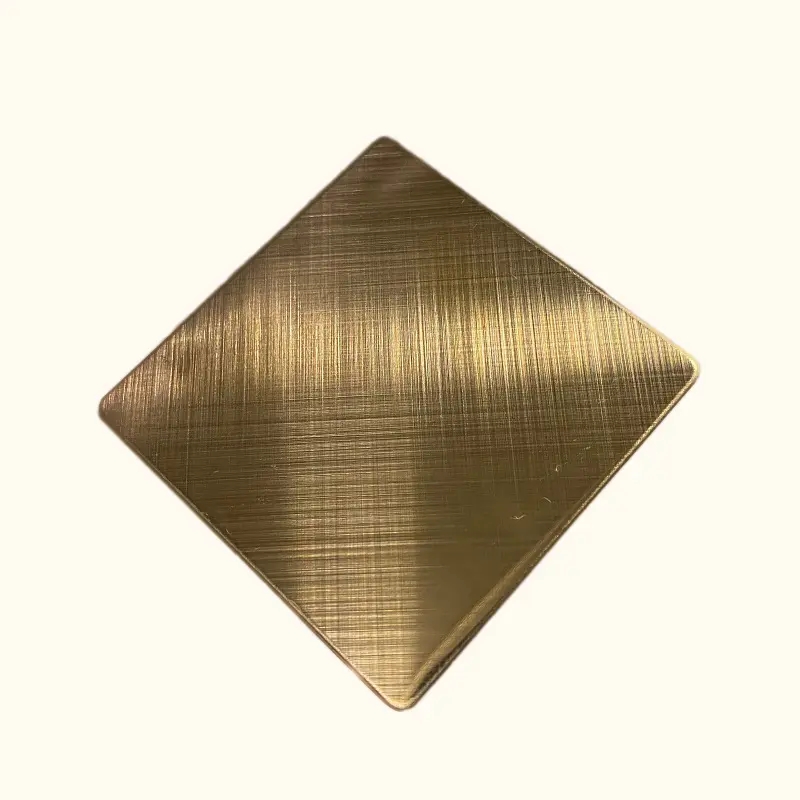
Cross Hair Line Stainlee Steel Sheets
Why Is Stainless Steel Non-Magnetic?
Stainless steel's non-magnetic properties are primarily due to its composition and the presence of alloying elements. Chromium and nickel are the two primary alloying components in stainless steel that contribute to its nonmagnetic character.
Chromium, present in varying amounts in stainless steel, reacts with oxygen in the atmosphere to form a thin, invisible layer of chromium oxide on the surface of the material. This passive oxide layer works as a corrosion barrier and inhibits further oxidation of the underlying metal.
Another alloying ingredient, nickel, improves the nonmagnetic characteristics of stainless steel. It stabilizes the austenitic structure and alters the crystal lattice, preventing the material from going through a phase shift and acquiring magnetic characteristics.
Choosing the Right Stainless Steel for Your Needs
When selecting stainless steel products, whether it be for cookware, appliances like stainless steel air fryers, water bottles, or even jewelry such as stainless steel bracelets, understanding the magnetic properties is crucial. For instance, if you're considering stainless steel cookware or bakeware, knowing that most high-quality options are made from non-magnetic austenitic stainless steel, such as the 304 grade, can assure you of their corrosion resistance and safety for food contact.
In the realm of appliances, the magnetic properties of stainless steel are also worth considering. A stainless steel refrigerator with a ferritic structure will hold magnets, which can be a handy feature for displaying notes and photos. On the other hand, austenitic stainless steel appliances will not, offering a sleek and uninterrupted surface.
For those with metal allergies, it's important to note that stainless steel jewelry, like bracelets and watch bands, is typically made from hypoallergenic austenitic stainless steel. This is to minimize the risk of allergic reactions while providing a durable and long-lasting product.
It's also worth noting that while stainless steel is renowned for its resistance to rust, certain grades like 304 stainless steel can develop rust under specific conditions, such as exposure to saltwater or certain chemicals. Therefore, for applications where rust resistance is paramount, choosing the right grade and maintaining your stainless steel with proper cleaning methods is essential.
Maintaining Your Stainless Steel
Keeping your stainless steel in pristine condition requires some care. Whether it's your stainless steel apple watch band or your stainless steel appliance package, regular cleaning with a suitable stainless steel cleaner can prevent smudges and maintain the luster. For tougher stains or for restoring the shine to cookware, baking soda or vinegar can be effective home remedies. It's also beneficial to know how to clean stainless steel surfaces properly to avoid scratches and preserve the protective chromium oxide layer.
Remember that the non-magnetic property of stainless steel doesn't equate to a lack of quality. In fact, it's a feature that enhances the alloy's application in various fields. Whether you're purchasing a stainless steel backsplash or a stainless steel angle iron for construction purposes, the non-magnetic varieties offer the corrosion resistance and aesthetic appeal that many projects require.
Conclusion
The magnetic properties of stainless steel are intricately linked to its composition, particularly the balance of alloying elements like chromium and nickel. Austenitic stainless steel, which includes popular grades like 304 and 316, is typically non-magnetic due to its specific crystal structure stabilized by these elements. However, it's important to note that certain processing techniques or cold working can induce a degree of magnetism in austenitic stainless steels. And for those in the market for quality stainless steel products, XINGUANGYUAN offers a diverse selection that caters to various applications. With competitive pricing and a commitment to quality, we're a supplier you can trust. Explore our range and find the perfect stainless steel solution for your requirements.

